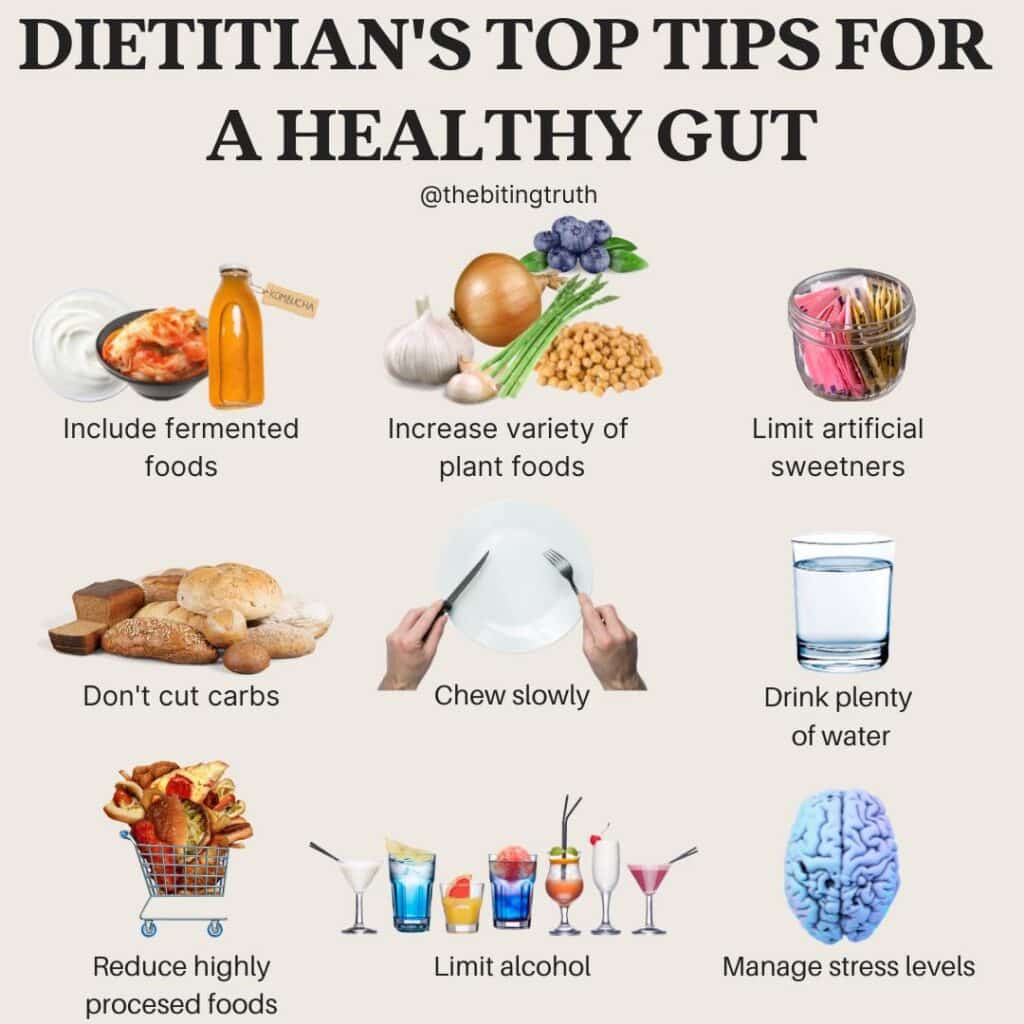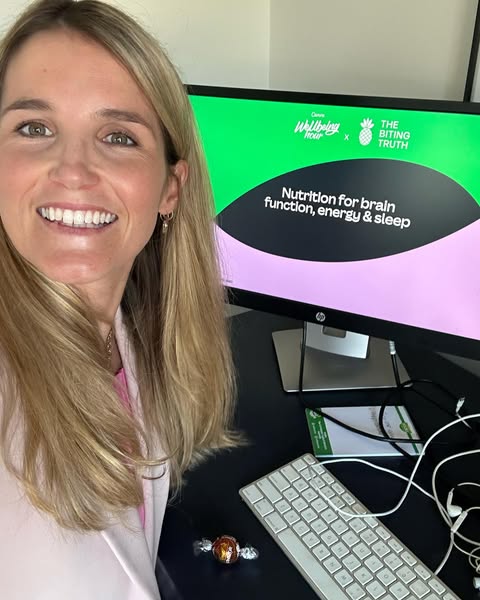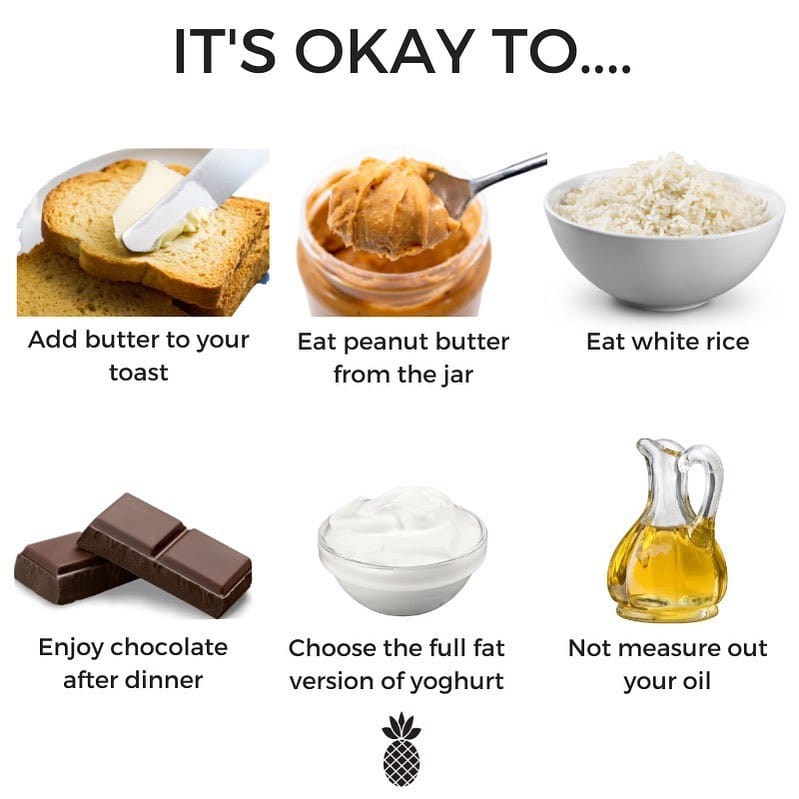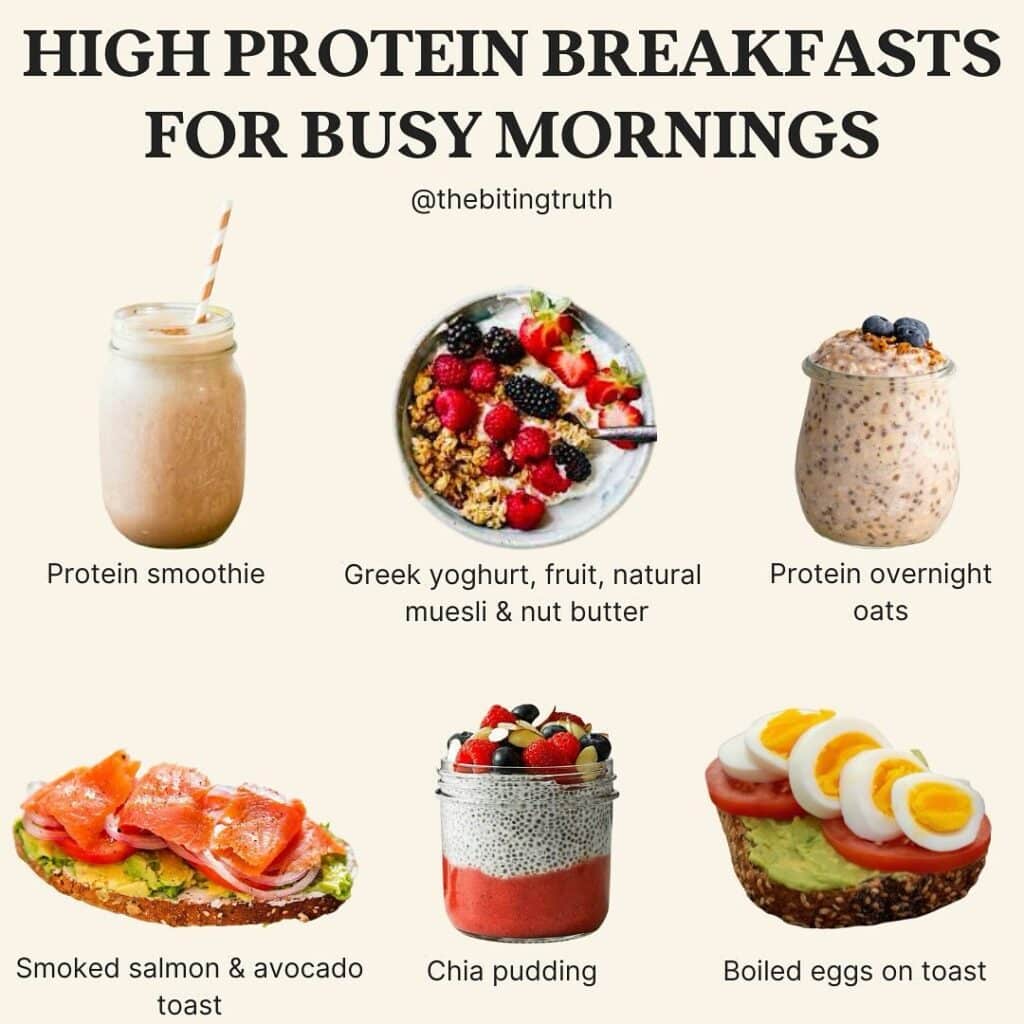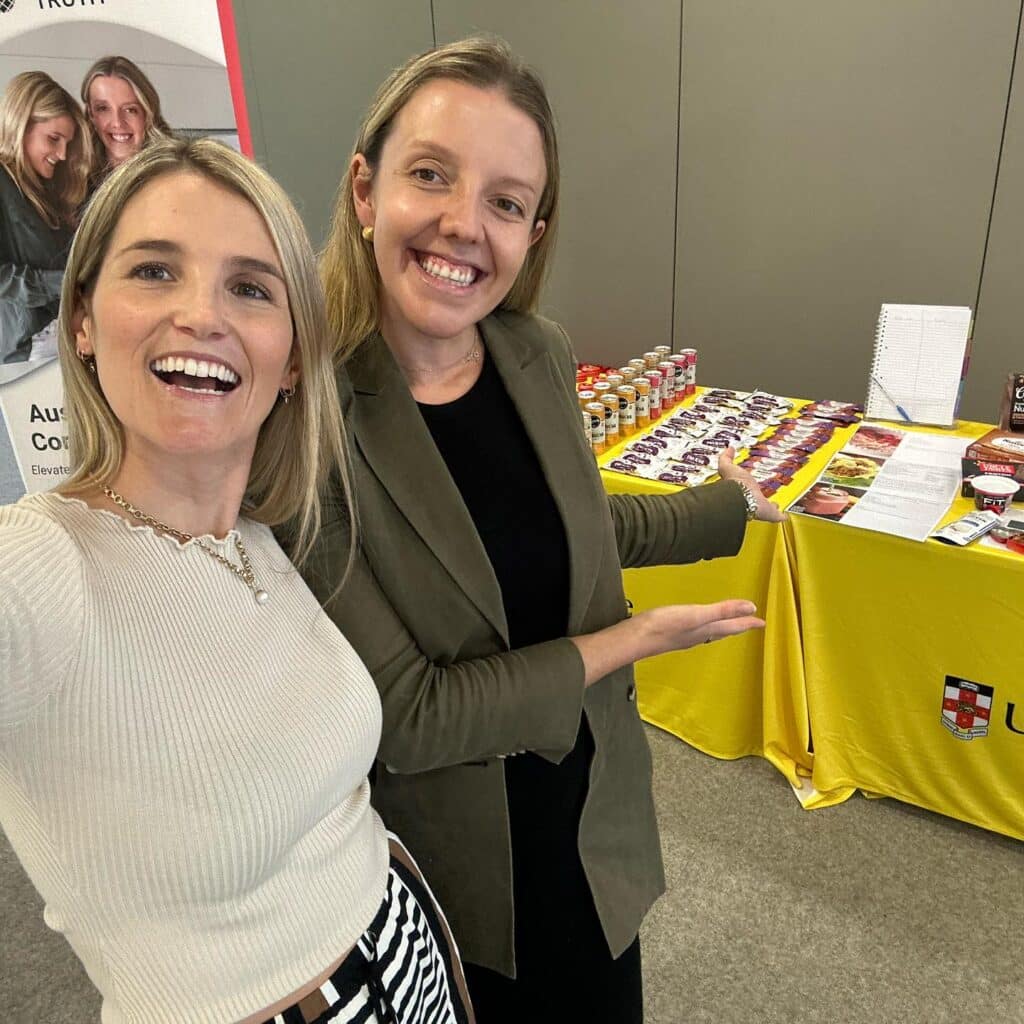Free shipping for orders over $80
Free shipping for orders over $80
According to current UN figures, one third of food produced for human consumption gets wasted every year. In Australia, that equates to more than 5 billion tonnes of food ending up in landfill each year (enough to fill 9,000 Olympic sized swimming pools!!).
Eating a Flexitarian Diet (i.e. more plants and less meat) certainly has a positive impact on the environment, however, it’s not a solution to food waste. It’s important that we all play a role in reducing food wastage.
Check out these top tips to reduce your food waste:
It might seem like a no brainer but planning meals in advance is the easiest way to avoid buying items you don’t need and won’t use. Take some time on the weekend to plan out your meals by either looking through your Flexitarian Cookbook, your favourite recipe book or even a quick search online. Use the meal plan template in your Flexitarian Toolkit so you have a visual reminder of what you plan to have for the week! You can then do a quick hunt through your fridge and pantry to see what’s missing. Doing this on the weekend allows you to plan your grocery shop and still gives you time to meal prep, if that’s how you like to roll! Any missing ingredients can be added to your shopping list – which brings us to tip 2!
If you’ve nailed step 1, step 2 should be easy peasy! Take a look in your fridge and pantry before leaving home and write a shopping list so you don’t end up with 5 cucumbers in your fridge that you won’t use. Use the shopping list template provided in the Flexitarian Toolkit to get you started! If you’re feeling super organised, try and group items into categories i.e. Chilled Items, Herbs & Spices, Canned items or Rice and Pasta. This way you only need to visit those sections once!
If you’re a family of six, finishing a recipe dish or a loaf of bread probably isn’t a difficult feat. But for those with only one or two mouths to feed, preparing a recipe that serves four or buying a loaf of bread can often result in food waste. Freezing leftovers or perishables like bread is a great way to reduce food waste AND save some money! If you’re a meal prepper, freezing your extras each week means you’ll always have a new dish to take to work with you from your freezer!
If you have the space, a compost bin is a great way to reduce your waste! According to the Environmental Protection Authority (EPA), more than a third of the contents of the average general waste bin is food waste. A worm farm or compost bin are easy ways to help the environment as well as produce environmentally friendly, natural fertiliser to help keep your garden and pot plants alive. If you have a backyard, a compost bin is ideal in a sunny spot with good drainage. A worm farm is perfect for smaller spaces (i.e. courtyards, balconies or small gardens) and thrive in the shade. Depending on where you live, your local council may even subsidise or cover the cost!
Correct storage can add days, weeks and even months to your food. Make sure dry goods are stored in air-tight containers to avoid moisture and weevils, freeze leftovers and remember that not all fruit and veg should be stored in the fridge – sometimes it will make them go off quicker.
Leftovers contribute to over a quarter of all food waste! There’s no reason to throw out perfectly good leftovers, just apply a bit of creativity! For example turn your leftover curry into curry pies or use the mexican bean mix from your burritos in a salad or in a mexican bowl.
By taking on board these six tips, we can make a HUGE difference when it comes to reducing our food waste and helping the environment
—
Notes
